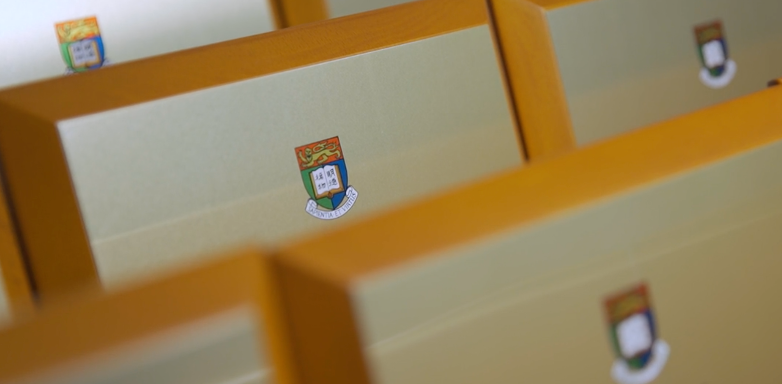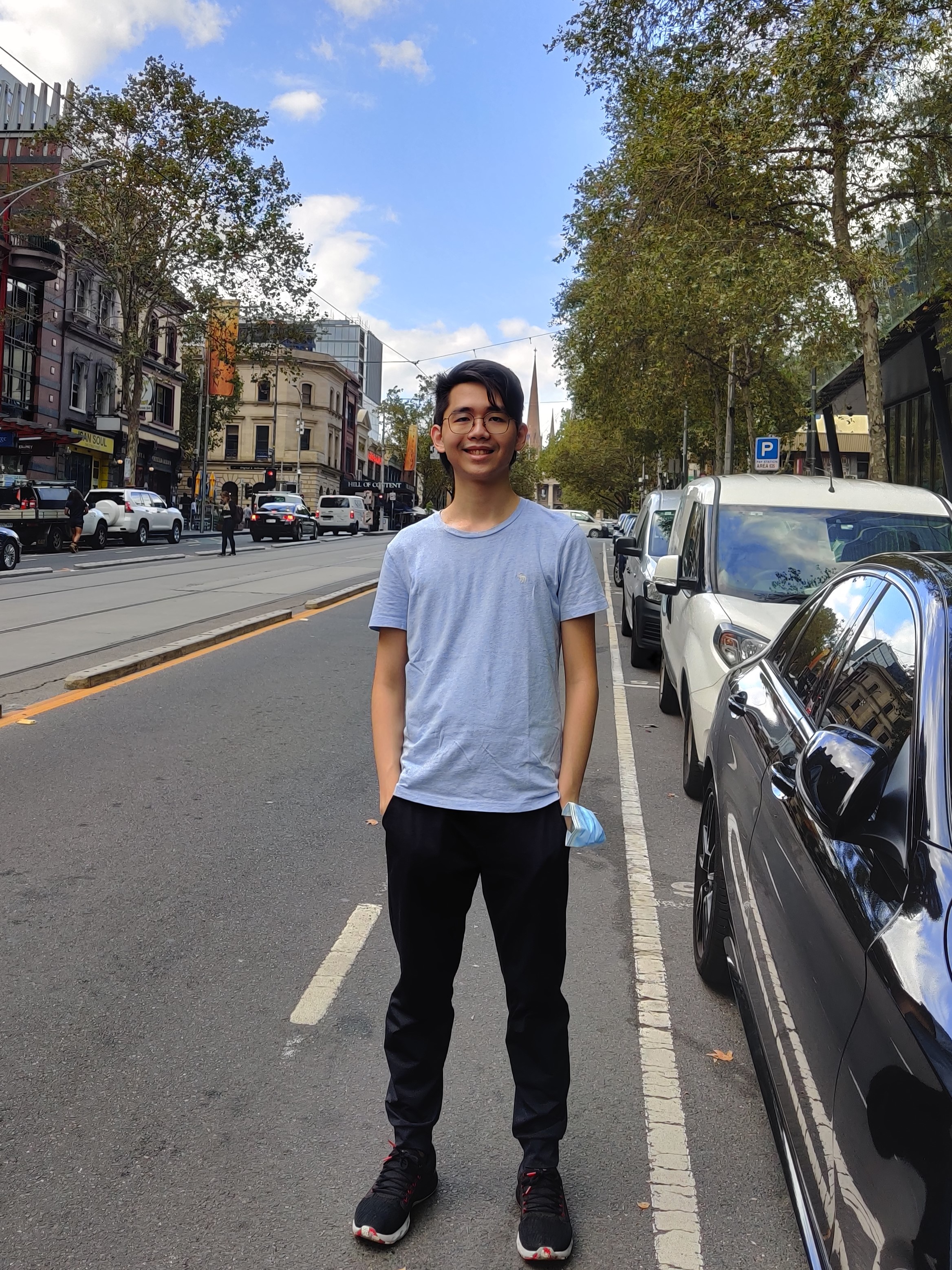

{{'Newsletter' | t}}
Tracking Tissue or Tumour Development Using Random Mutation in Cell Mitochondria
 |
In humans, every cell is created by other cells through a series of cell divisions that can be traced back to a single fertilised egg. Discovering the lineage of each cell is the holy grail to address a range of biological questions such as how complex organs like the heart are formed, or how a single cancer cell develops into tumours. Traditionally, cell lineage tracing requires the introduction of external DNA material, called genetic reporters, into the embryo of an animal model so that a specific lineage can be identified. However, this intrusive approach is not feasible in humans. Recent bioinformatics MPhil graduate Aaron Kwok, from HKU’s School of Biomedical Sciences, developed an innovative strategy to use somatic mutations in mitochondrial DNA as natural internal genetic reporters. He developed a new bioinformatics program called MQuad to accurately harness these mutations to track the cell lineage of human tissues and tumours. This is a huge step in understanding the cellular origin and ultimately the treatment of cancer. The work was published in Nature Communications.
Aaron is currently a PhD student at the University of Melbourne.
